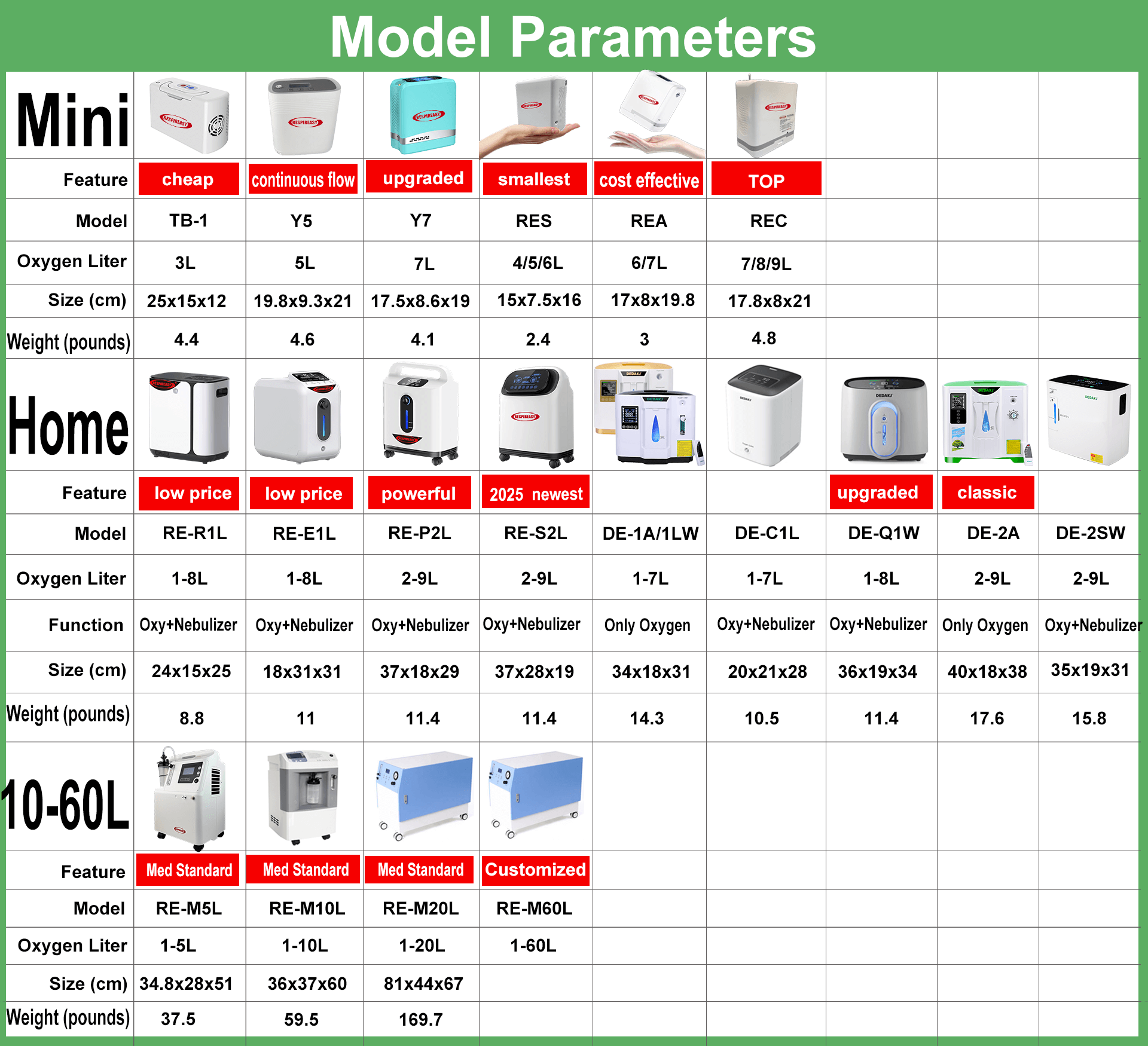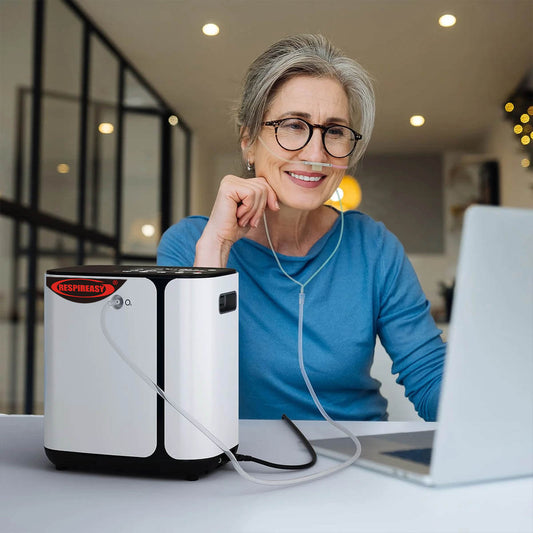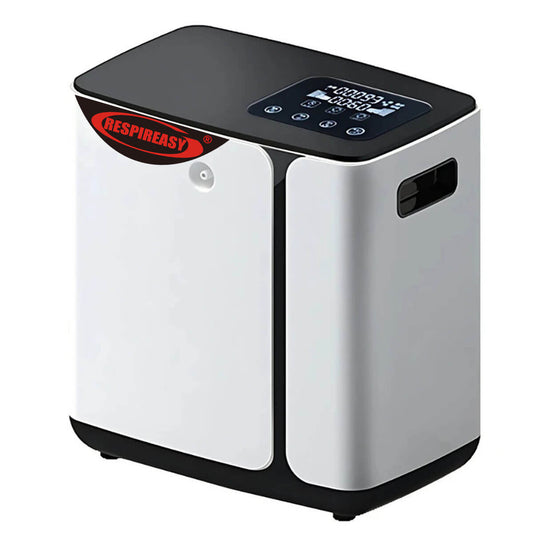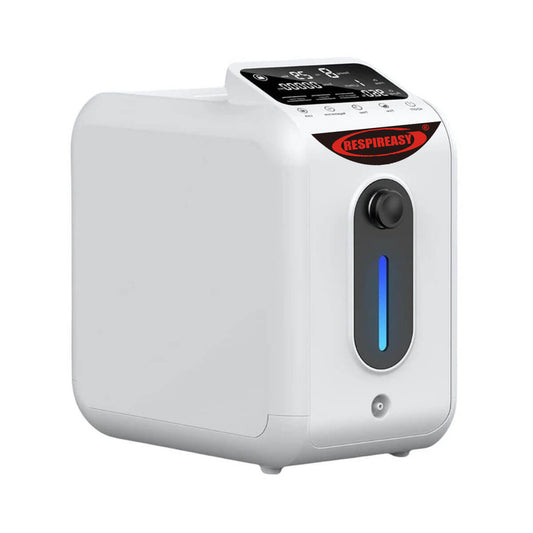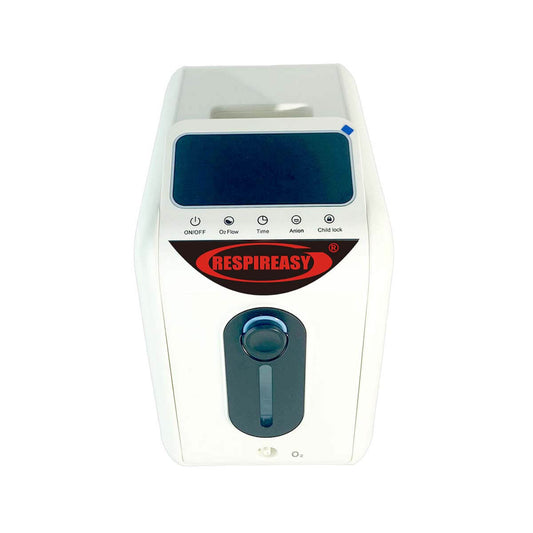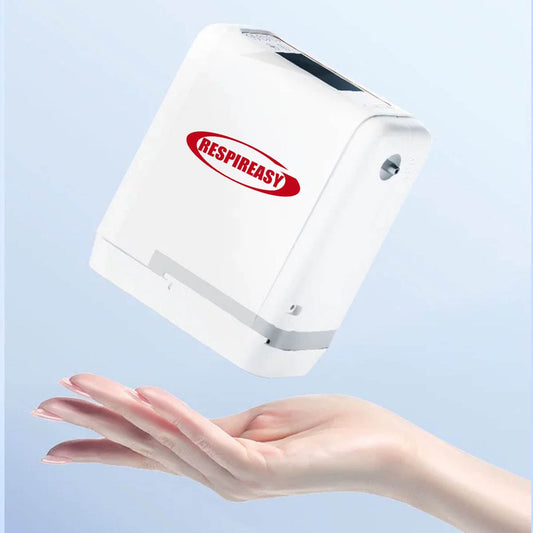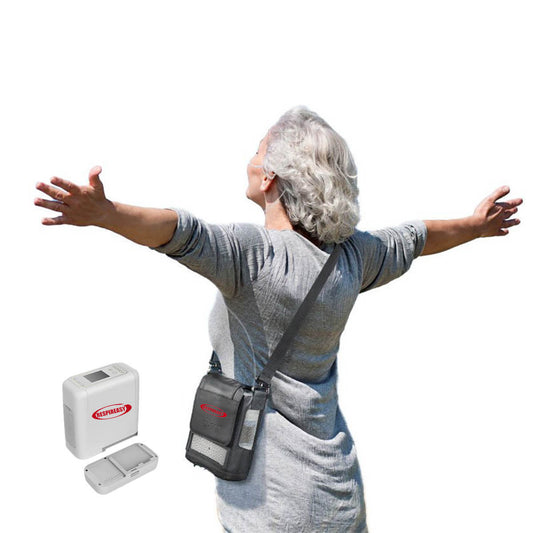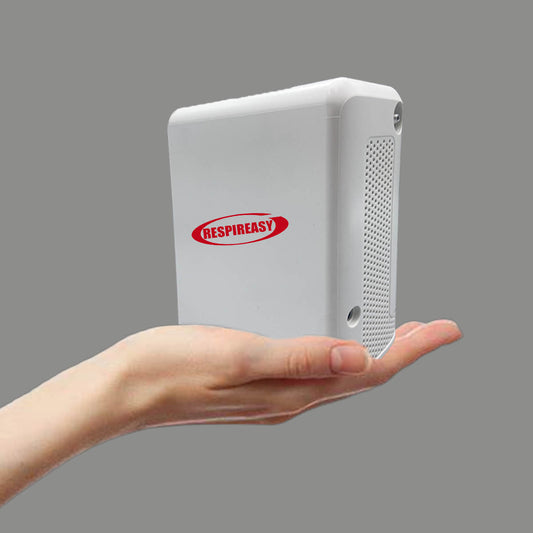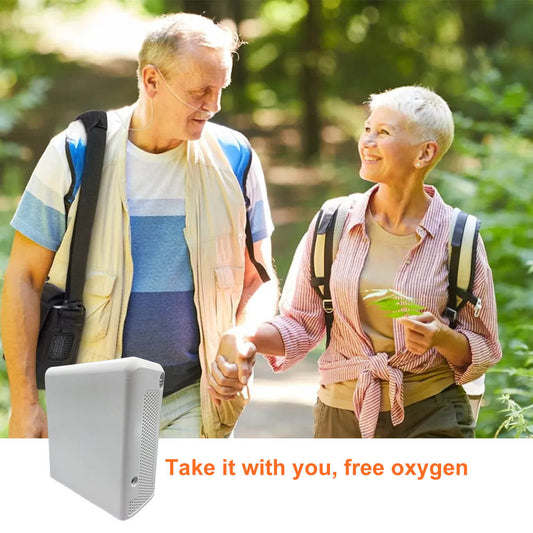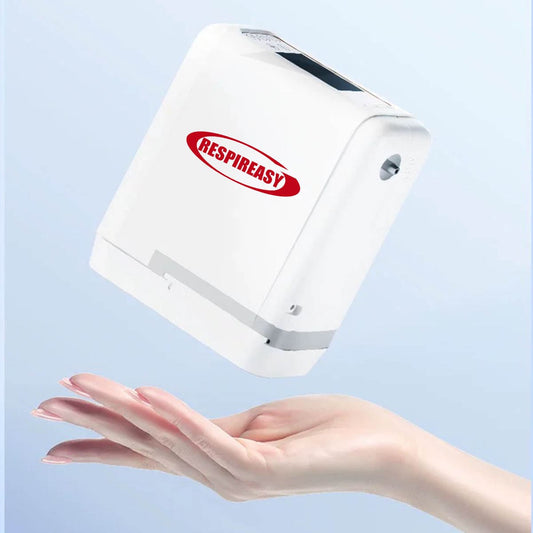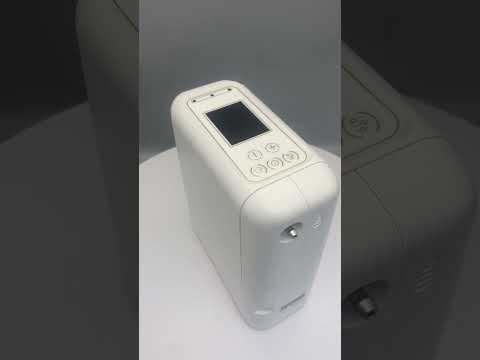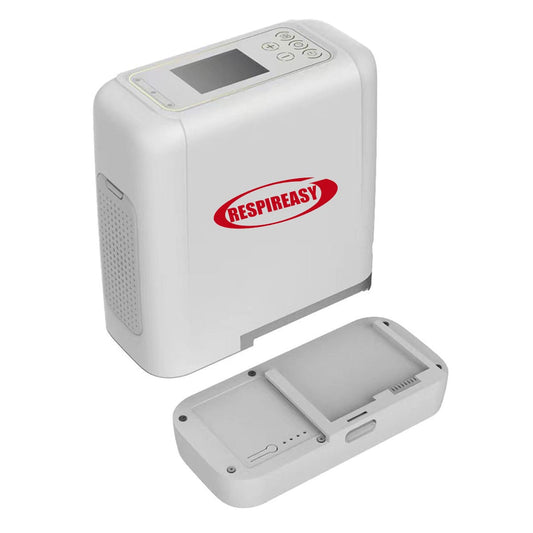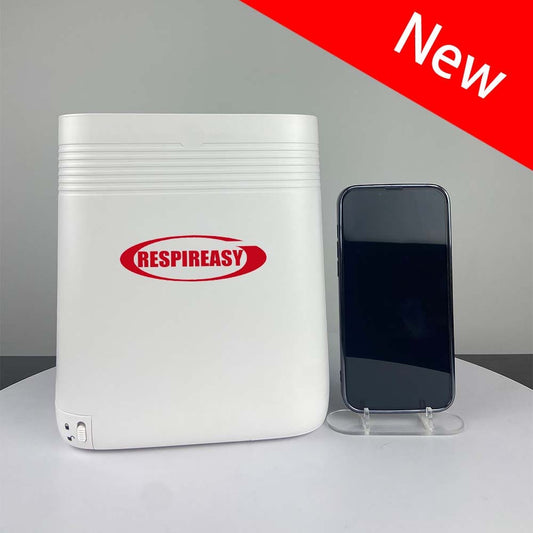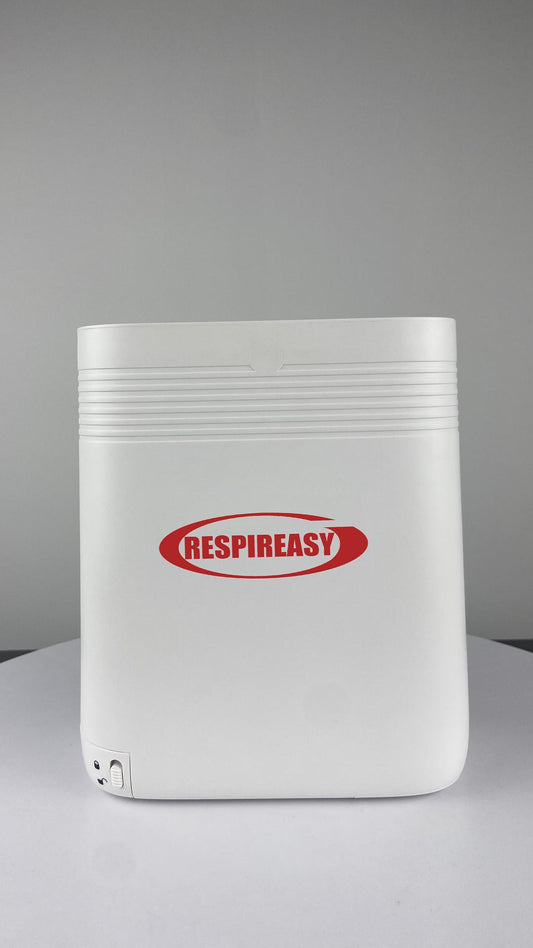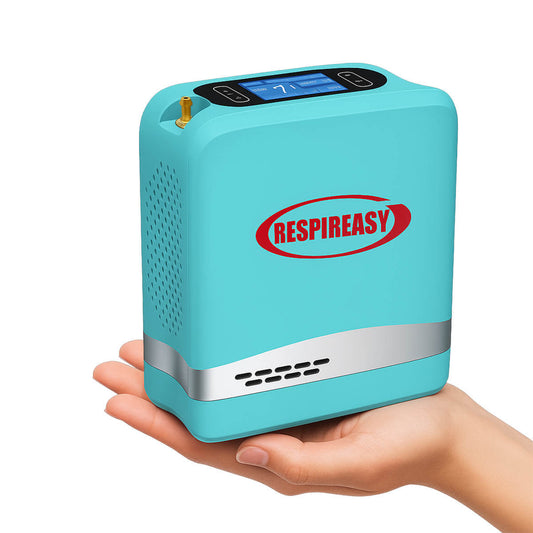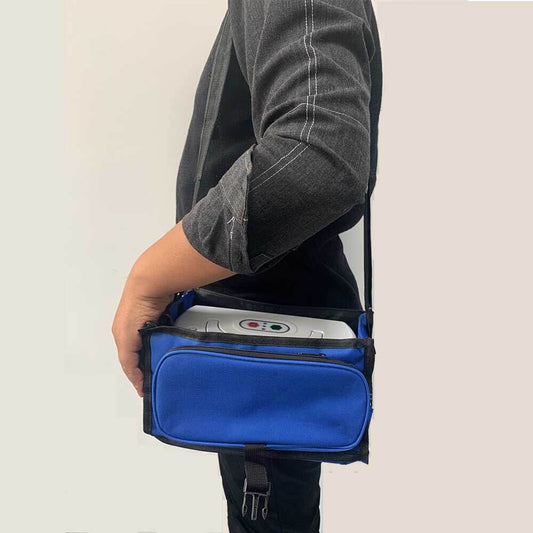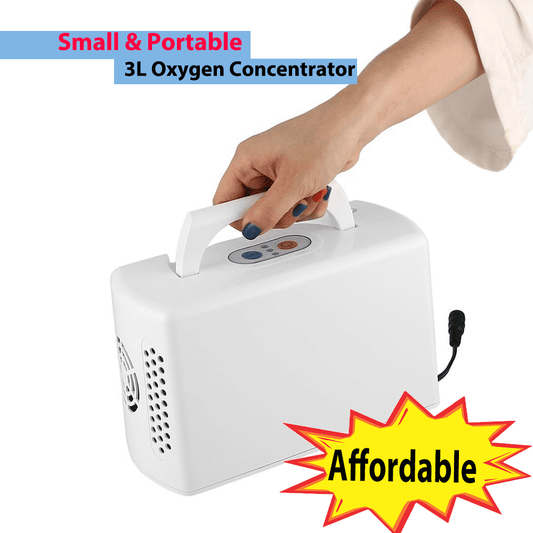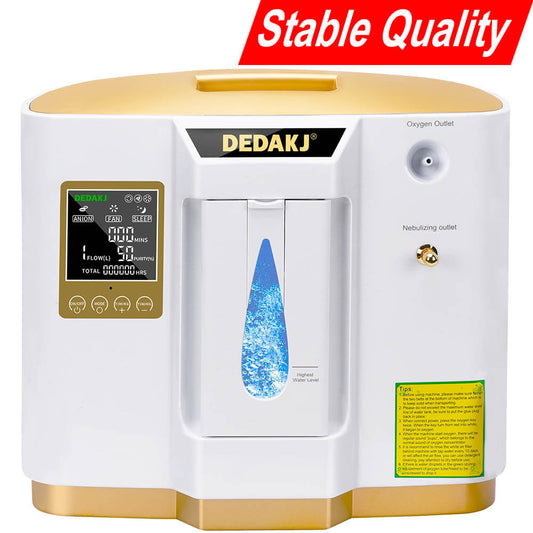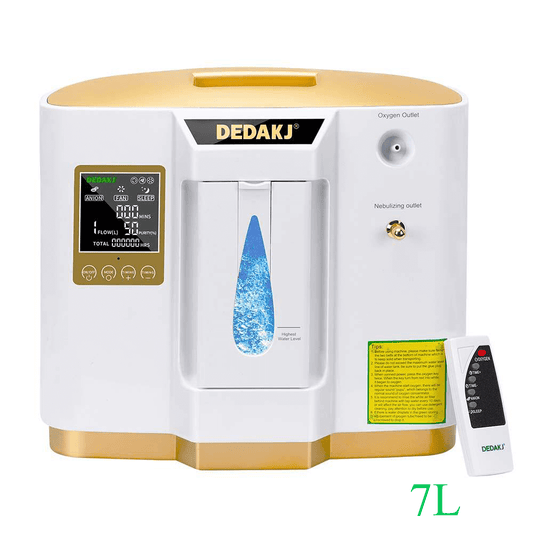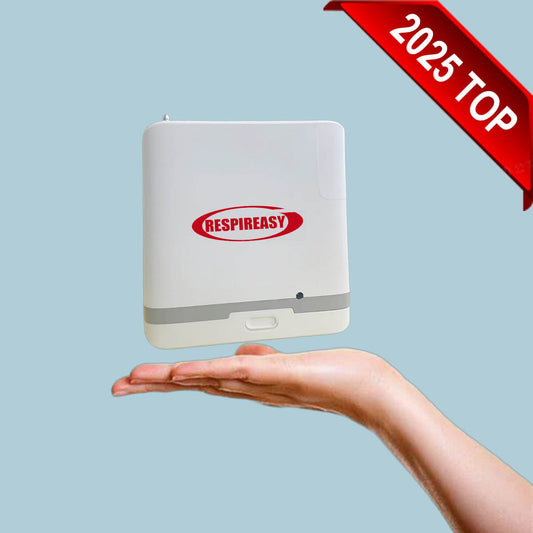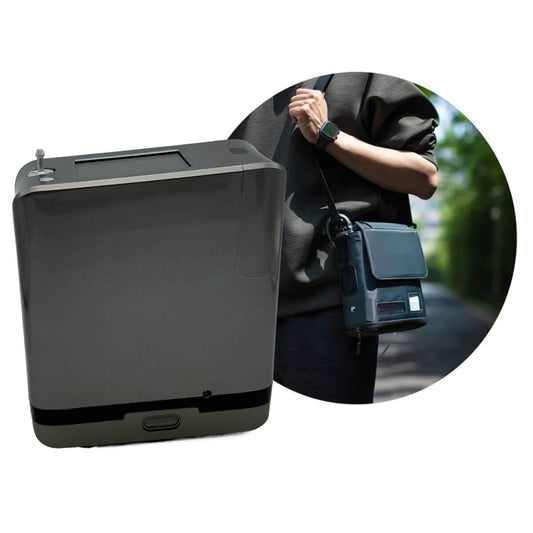Altitude Training, Hypoxic Training Oxygen Concentrators

Plateau training refers to targeted hypoxic training conducted in suitable plateau areas or artificially simulated plateau conditions. Its theoretical basis is that the human body is trained in a low-pressure and low-oxygen environment at the plateau. Through the dual stimulation of hypoxia and exercise, athletes will produce a stress response, mobilize the body's physical potential, and thus produce a series of anti-hypoxia physiological reactions that are conducive to improving athletic ability.



Altitude training, also known as Hypoxic Training, is a training regimen that focuses on improving athletic performance and physical wellness. What does altitude training do?
The following physiological reactions have been shown to occur :
- Increased capillarization, which provides greater oxygen delivery to the tissues, muscles and brain.
- Amplified pulmonary oxygen absorption Boosted production of Erythropoietin Hormone (EPO) by the kidneys.
- Enhanced oxygen transportation through the body Increased capillarization for greater oxygen delivery to the tissues, muscles and brain.
- Decreased average Heart Rate and Blood Pressure.
- Increased production and release of Human Growth.
It has been basically recognized internationally that the best altitude for plateau training should be 2000-2500 meters, and the most suitable duration of pre-race plateau training should be about 4 weeks. The projects involved in plateau training have developed from some of the original major periodic and endurance sports, such as middle- and long-distance running, marathon, race walking, swimming, etc. to almost all Olympic events.
DEDAKJ hypoxic generators, hypoxic oxygen concentrators are used to simulate oxygen concentration at altitude up to 6,500m above sea level. Hypoxic purity 9%-20.9% to simulate different elevation heights. Athletes and mountaineers simulate the plateau environment for training anywhere . It helps them adapt to the high altitude better . Hypoxia treatment also plays an important role in numerous medical applications.
For more information on hypoxic generators, please feel free to consult us.
























